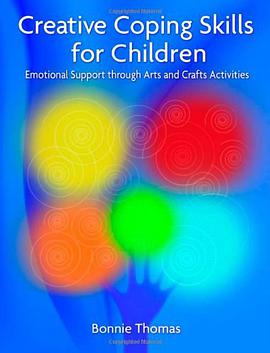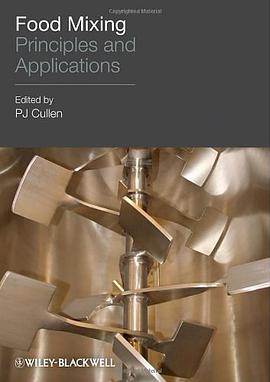

具体描述
Maurice Kilwein Guevara views the poem as a living art form that stretches well beyond the traditional bounds of poetry. Citing the Catalan avant-garde artist Joan Brossa, who printed the word POEMA on a clear lightbulb, Kilwein Guevara rethinks the interconnectedness of form, context, and meaning in a poem. While he is aware of the blood flow through a single poemaand his poems are coursing with lifeahe is simultaneously aware of the capillary effect that nourishes every poem in this collection. His engrossing experiments with form and his often startling juxtaposition of poetic subjects succeed so well because they are animated by a unifying force: the poetas hyperawareness of our fragileaand frequently confusingahumanness. Inside this book you will find a poema asking itself a litany of questions, two lovers taunting fate with each kiss, Gertrude Stein as an infant discovering language in Pittsburgh, Plan Colombia spraying farmersa fields with herbicides, and a beetle crawling into the ear of a president as he trumpets his imagined glories. Lines in Spanish sneak unannounced into a poem here and there, only to sneak out as quietly as they entered. Dictators rise and fall. Lovers quarrel. Humans, we begin to understand, are always vulnerable: as vulnerable to our lovers as to our rulers; as vulnerable in our bodies as moths, perhaps, or spiders. And in the end you have to wonder aWhat wakes you/just as you begin to dream of Heidegger / in a clouded field of summer chives?a
作者简介
目录信息
读后感
评分
评分
评分
评分
用户评价
相关图书
本站所有内容均为互联网搜索引擎提供的公开搜索信息,本站不存储任何数据与内容,任何内容与数据均与本站无关,如有需要请联系相关搜索引擎包括但不限于百度,google,bing,sogou 等
© 2026 book.wenda123.org All Rights Reserved. 图书目录大全 版权所有




















